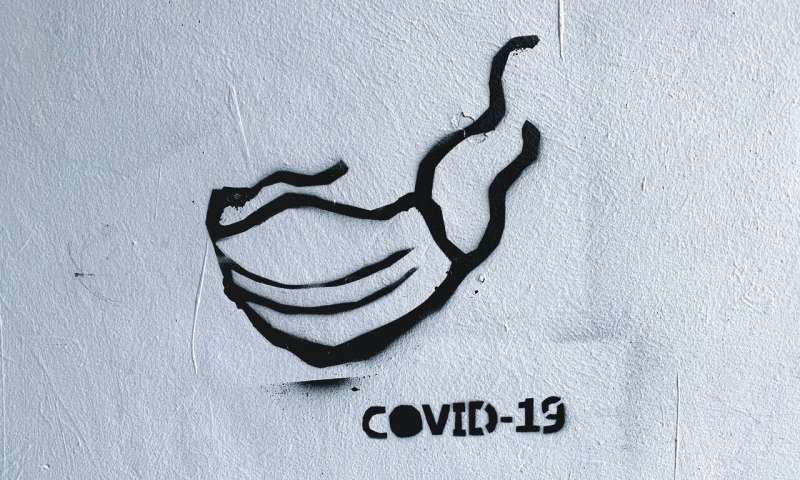
Germany’s Bavaria region announced tougher coronavirus rules including local curfews and partial school closures on Sunday as case numbers remained high across the country despite five weeks of national restrictions.
From Wednesday, Bavarians will be asked to stay home unless they have a valid reason such as grocery shopping or visiting a doctor, state premier Markus Soeder told a press conference.
“The situation is unfortunately serious … We must do more, we must act,” Soeder said, insisting that a national partial shutdown introduced in early November was not enough.
Under the so-called “lockdown light”, cultural and sporting facilities as well as restaurants and bars have been shut, with public gatherings limited but schools and shops remaining open.
Chancellor Angela Merkel and the leaders of Germany’s 16 states agreed this week to extend the partial shutdown until January 10.
But under Germany’s federal system, each state ultimately has the right to decide whether to impose the rules.
Soeder said a curfew will now apply in Bavaria after 9:00 pm (2000 GMT) in so-called hotspots with more than 200 new virus cases per 100,000 inhabitants per week.
Online lessons
Schools will be asked to switch some lessons online for older age groups, while those in hotspots will need to move all teaching online for older students.
MP and epidemiologist Karl Lauterbach welcomed the Bavarian restrictions and called for tighter curbs across the country.
“The ‘wavebreaker’ shutdown is nowhere near enough any more. It is unacceptable that we have close to 500 deaths every day,” he told the Funke media group.
“We need a tough shutdown now to make a difference,” he said.
The number of new infections in Germany has plateaued in recent weeks, with October’s exponential growth brought to a halt.
But the number of infections remains high, with total case numbers passing the one-million mark last week and new cases regularly topping 20,000 a day.
The number of COVID-19 patients in intensive care nationwide has soared from just over 360 in early October to more than 4,000 currently.
The Robert Koch Institute (RKI) disease control centre reported 17,767 new COVID-19 infections within 24 hours on Sunday—a significant increase on last Sunday’s 14,611 new cases.
Numbers are usually lower on Sundays because of a lag in reporting new cases over the weekend.
‘Very tense’
RKI head Lothar Wieler said Thursday it was vital for new cases to start declining if the infection rate was to be brought under control.
“The situation remains very tense,” with numbers “not falling noticeably”, Wieler said.
National measures agreed by Merkel and the state premiers restrict public gatherings to five people from two households, but envisage increasing the limit to 10 people over Christmas and New Year.
Soeder said this relaxation would apply in Bavaria only from December 23 to 26, with the tougher rules kicking back in for New Year’s Eve.
Some states, including Thuringia and the city-state of Berlin, have already introduced tougher rules for the Christmas period.
But opposition to virus restrictions is also growing in Germany, with some protests turning violent in recent weeks.
Several hundred protesters gathered in the city of Duesseldorf on Sunday after a planned larger demonstration with up to 20,000 people was banned at the last minute in Bremen on Saturday.
Source: Read Full Article
